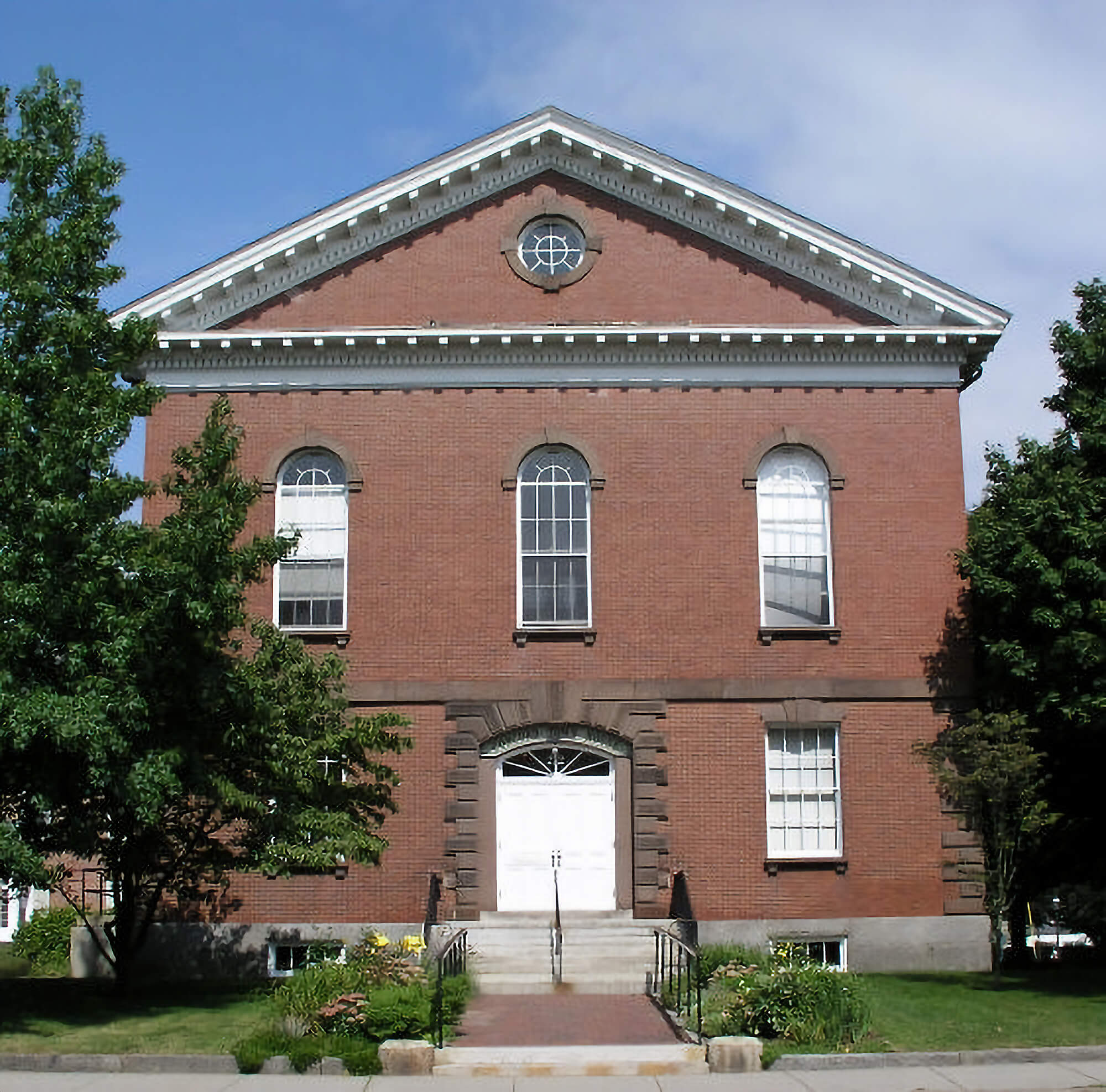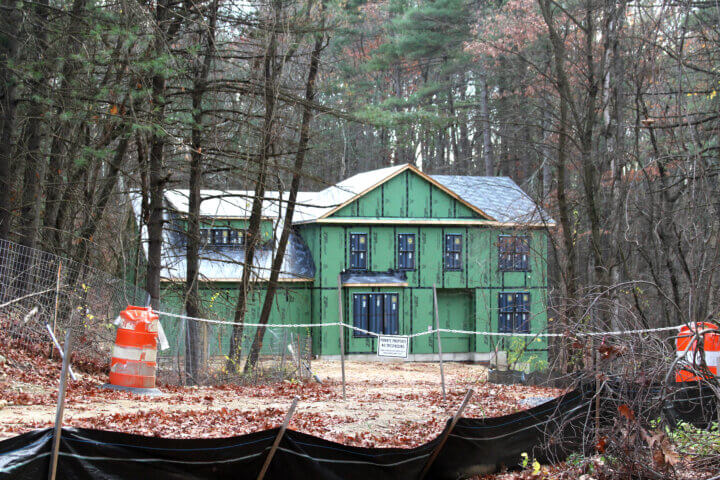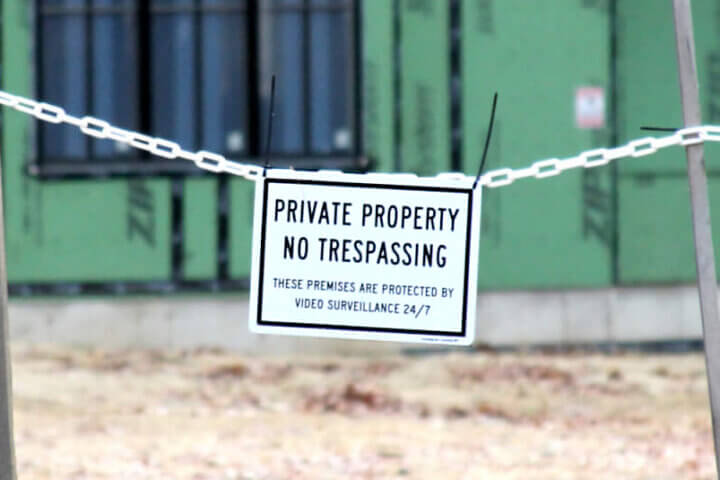Voters will be asked to weigh in on topics as diverse as opioid treatment programs and use of parking meter receipts at the April 30 Town Meeting at Concord-Carlisle Regional High School at 1 p.m.,
In 2021 and 2022, then-Attorney General, now Gov. Maura Healey, reached a series of settlements with opioid distributors, including Johnson and Johnson, Walmart, Walgreens, CVS, Allergan and Teva. The commonwealth is distributing settlement monies to municipalities, to be used to run substance abuse and treatment programs.
Concord has so far received $77,362.88 from the state opioid settlement fund. That money currently sits in free cash. Article 14 of the Town Meeting warrant calls for a vote on whether to spend the $77,362,88 on substance abuse and prevention programs, under the direction of the Town Manager Kerry Lafleur.
According to Lafleur, the town is still contemplating what kinds of programs and services it could provide with the settlement funds. Public Health director Melanie T. Dineen has raised the possibility of using some of the settlement funds “to hire a Substance Use Prevention Coordinator and/or a Clinician to work in collaboration with the Concord Police, Council on Aging, and Social Services.”
Article 14 calls for “input from local stakeholders including people with lived experience of the opioid epidemic.” Thus, it is open for Town Meeting members to debate what the best use of the settlement funds is to combat opioid abuse.
Article 43 (“Annual Appropriation of Parking Meter Receipts”) calls for a vote on whether to authorize the Town Manager to spend the sum of $400,000 from parking meter receipts “to fund expenses related to parking enforcement or public transportation initiatives for the fiscal year ending June 30, 2024.” The town’s parking meter program dates to 1975.
Up until Fiscal Year 2019, revenues exceeded expenditures and the parking meter fund maintained a healthy balance. But the COVID-19 years saw a dramatic decrease in receipts. Unreliability of cell phone service in the town center has also led to some nonenforcement of meters. Maintaining a balance in the fund is thus an issue. Moreover, the current meters were installed in 2017 and need upgrading.
Lafleur notes that in the past, receipts have mostly been used to support the meter program but have also been used for line striping and minor parking lot maintenance projects. Any project reasonably related to “parking enforcement or public transportation” could be funded, she said. Other possibilities for the use of parking receipts might include more parking spaces equipped with EV charging stations, or more convenient parking that could encourage use of commuter rail.
In all, the warrant for Town Meeting has 46 articles for consideration.






